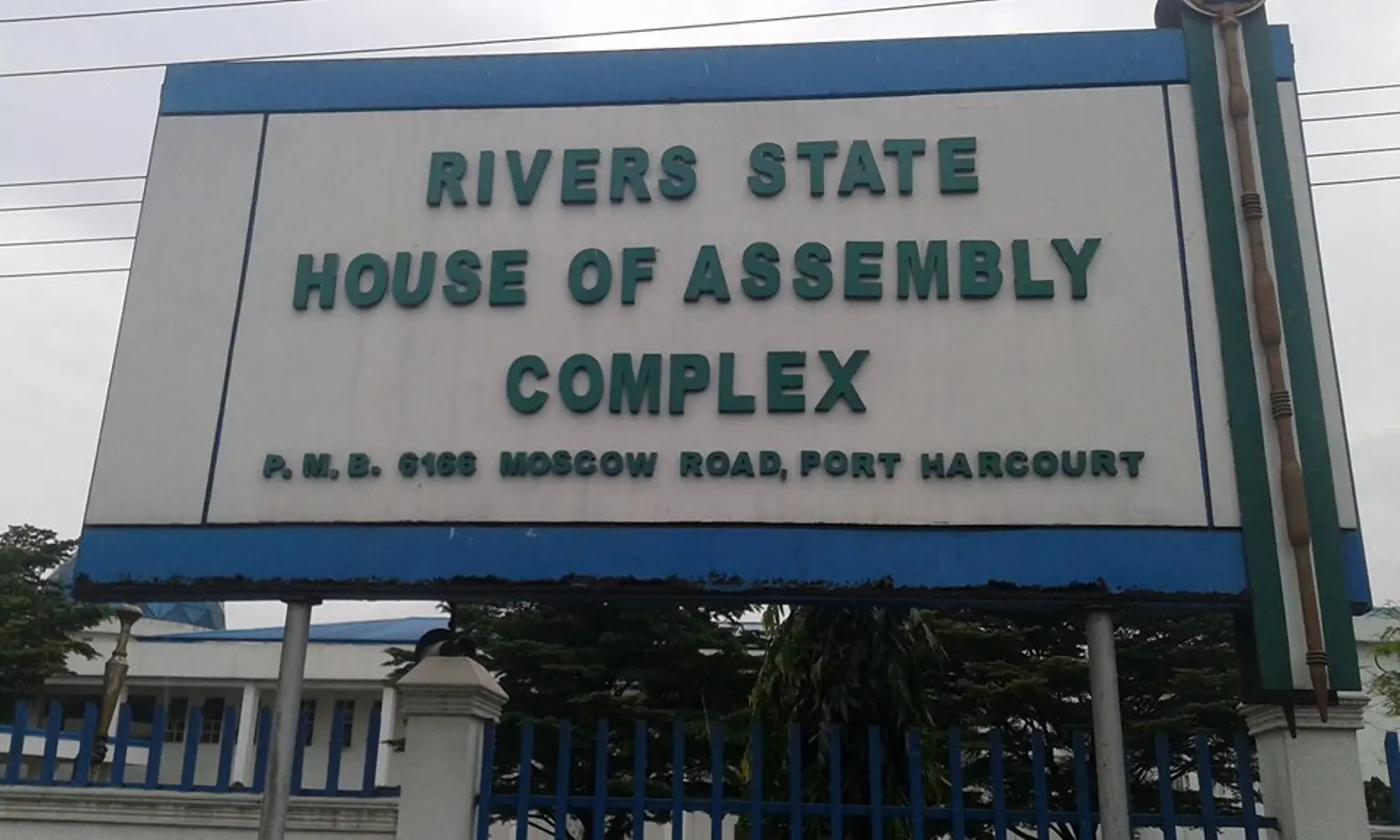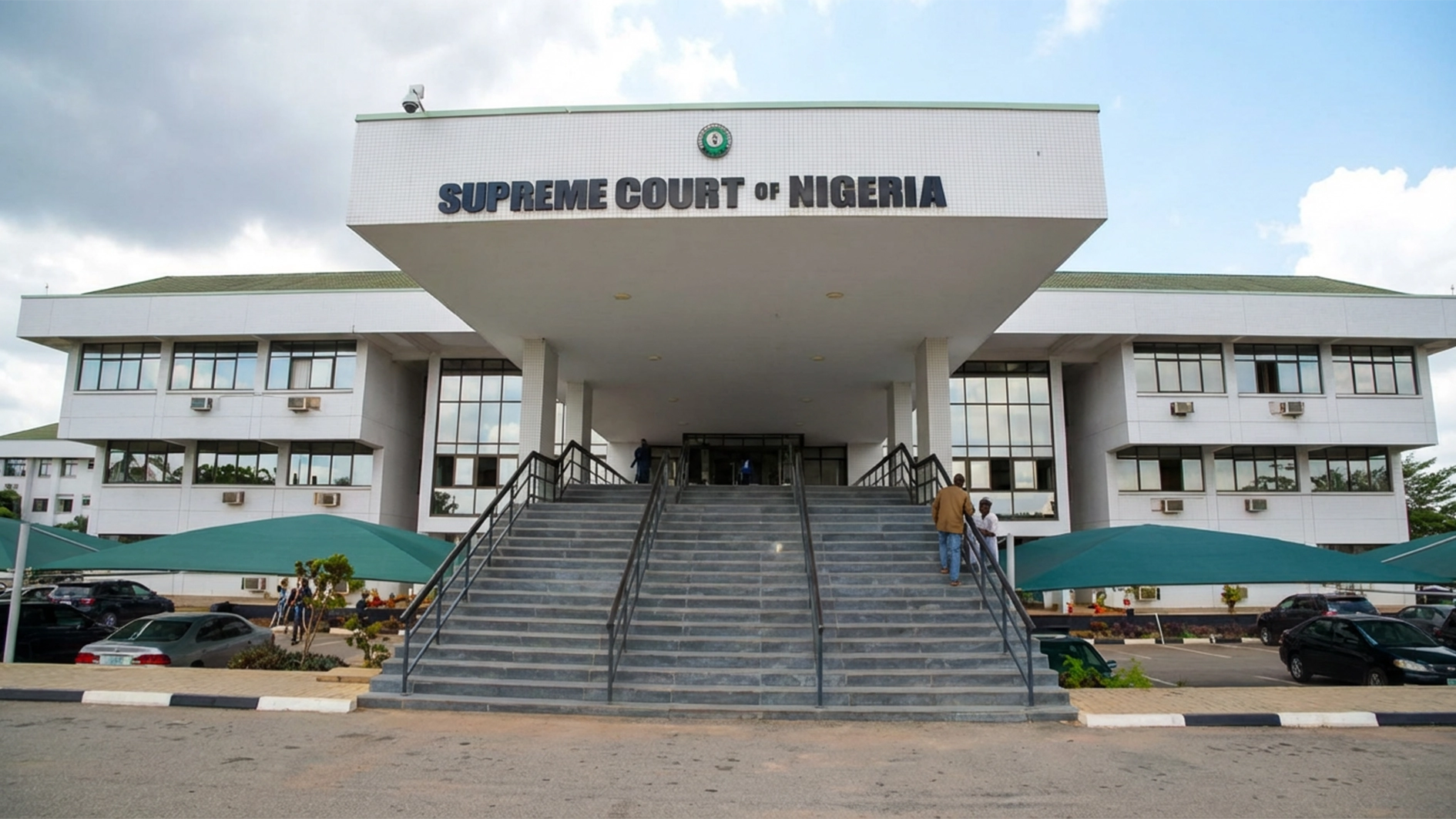• Pardon fiasco exposes weak coordination at highest levels, say critics
• Atiku knocks ‘governance by reversal’, demands full disclosure
• HURIWA calls for AGF Fagbemi’s resignation over ‘misguided’ advisory
• Rights activists commend removal of Sanda, others from pardon list
The uproar over President Bola Tinubu’s withdrawn pardon has spotlighted what observers describe as a troubling habit of governance by reversal: a pattern that raises doubts about due process, coordination and the administration’s grasp of public sentiment.
In apparent response to public outrage, President Tinubu yesterday announced the reversal of clemency earlier granted to dozens of drug offenders, arms dealers, illegal miners and other convicts.
Penultimate week, when the list of beneficiaries of the President’s forgiveness, under the exercise of his prerogative of mercy, as contained in Section 175 of the 1999 Constitution (as amended), was released, Nigerians from all walks of life condemned the blanket amnesty, saying it could embolden criminals, especially drug offenders and kidnappers.
However, the revised list has also elicited mixed reactions from stakeholders, with some wondering whether the President was fully aware of what he approved, while others recalled a culture of knee-jerk policy decisions.
Announcing the outcome of the review, the Attorney General of the Federation (AGF) and Minister of Justice, Lateef Fagbemi (SAN), explained that the President ordered a full appraisal of the Presidential Prerogative of Mercy process following consultation with the Council of State.
The AGF disclosed that the review ensured only individuals who met all legal and procedural criteria benefitted, reflecting the President’s commitment to balancing justice with compassion.
“Some,” he stated, “who were previously recommended were delisted, while others had their sentences adjusted to promote fairness and rehabilitation. Justice should not only punish but also reform and redeem, aligning with his administration’s broader justice and human rights reforms.”
According to the chief law officer of the federation, to ensure transparency, the President directed the relocation of the Presidential Advisory Committee on the Prerogative of Mercy’s Secretariat to the Federal Ministry of Justice and mandated new guidelines requiring input from prosecuting agencies before future pardons.
Reacting, former Vice President Atiku Abubakar challenged President Tinubu to provide a full explanation of the controversial presidential pardon.
In a strongly worded statement issued through his Senior Special Assistant on Public Communication, Phrank Shaibu, Atiku accused the Tinubu administration of exhibiting “governance without foresight, empathy, or shame.”
He described the belated reversal as “damage control: too little, too late,” arguing that the episode once again underscores what he called the administration’s reactive and erratic approach to governance.
“Once again, Nigerians have witnessed a government that doesn’t lead — it reacts,” Atiku stated. “The President only cancelled his own pardon after Nigerians shouted loud enough to wake him from his moral slumber. Let’s be clear: this U-turn is not an act of wisdom, it’s an act of shame.”
The former Vice President questioned the entire process that led to the inclusion of individuals convicted of serious crimes in the clemency list. “Who compiled the list of beneficiaries? What criteria justified freeing kidnappers and drug offenders? Where was the Attorney-General when this absurdity was cooked up?” he asked.
Atiku further accused the administration of trivialising constitutional powers meant to reflect justice and mercy. “A presidential pardon is not a social experiment,” he said. “It should uphold justice and national interest, not reward impunity or test public patience.”
He insisted that the government’s moral authority had been eroded by its own actions. “How can a government that nearly pardoned criminals lecture citizens about order or discipline? How can a Commander-in-Chief who almost freed kidnappers claim to be fighting insecurity?” he asked.
Atiku urged President Tinubu to demonstrate transparency by publishing the full list of intended beneficiaries, along with the crimes committed and the officials involved in approving the clemency.
“The Nigerian people deserve to know who signed off on this national embarrassment,” he said, adding that the incident reflects a troubling pattern where policies are reversed only after widespread backlash.
“The presidency must understand that leadership is about conviction, not correction after outrage,” Atiku concluded.
Also, the National Coordinator of the Human Rights Writers’ Association of Nigeria (HURIWA), Emmanuel Onwubiko, argued that although the President did the right thing by listening to the people, the AGF should honourably resign from office.
“President Tinubu acted in good faith because the voice of the people represents the voice of God. But if it were in civilised climes, the Federal Attorney General and Minister of Justice, Lateef Fagbemi, who sent such a misguided advisory to the President to release drug traffickers, fraudsters and murderers, would have either resigned or been dismissed.
“We at HURIWA think that the AGF and Justice Minister has overstayed his welcome. He is not thoroughly competent for that highly coveted job. The President should get the likes of Femi Falana as replacement, if he will accept, given that he is a very busy lawyer,” HURIWA stated.
Nonetheless, other rights advocates and eminent lawyers commended the President for swiftly responding to public outrage by removing Maryam Sanda and other controversial names from the recent pardon list.
Human rights lawyer and activist Kabir Akingbolu described the President’s move as commendable, saying it corrected what could have been a grave injustice. He, however, noted that the granting of clemency in recent times has bastardised the entire process.
He stated that pardon should be given to those who, though in prison, have changed their behaviour, not to someone who has just been convicted or sentenced to life imprisonment or death without justification. “Granting pardon to someone like Sanda is a terrible thing,” he added.
Another lawyer, Chinwike Ezebube, said the President acted within his constitutional powers, though the revocation raises moral and procedural concerns. He stressed, “There’s no breach of law if he decides to revoke it, because he has the capacity to both grant and withdraw the pardon.”
However, he said that while the action is legal, it may be morally wrong if proper considerations and procedures were not followed.
“There must have been applications, recommendations and evaluations before the pardon was granted. So, what led to the revocation? It’s a moral question more than a legal one. But I believe the President acted within his powers to grant and also to revoke, depending on the circumstances,” he said.
Similarly, Evans Ufeli, a Lagos-based lawyer, noted that while the Constitution grants the President the prerogative of mercy under Section 175 of the 1999 Constitution (as amended), such power must be exercised with caution and due diligence.
“The earlier list that came out was already questionable because it included persons convicted of grave offences who had not shown any sign of remorse. In one case, the woman who stabbed her husband still had her matter pending when her name appeared on the list.
“That was a breach of legal procedure because the President is supposed to pardon those who have been fully convicted and have exhausted their right of appeal. The public outcry was justified because such actions send the wrong message that crime can be excused.
“The Attorney-General later announced that the Presidency was reconsidering the list, and now we see some names, including Sanda’s, being dropped. There were reportedly 175 names, but some have now been removed following public backlash.
“Going forward, the Council of State and relevant authorities must give proper input before such sensitive decisions are made. It’s better late than never, but the government must be more careful,” Ufeli advised.
In his contribution, Dr Yemi Omodele, a legal practitioner, said the President’s decision was within his rights and reflected the will of the people.
“Pardon is at the discretion of Mr President. The removal of names of some of the initially pardoned convicts is not out of place. Nigerians cried out, and Mr President had a rethink about the issue. He has done what they cried for.
“In any event, I advise the government to do a proper check if a pardon will be done in the near future. Politicians just wanted their supporters and financiers to be out of prison, and that must have resulted in the manipulation done. The manipulation is not good in any way.
“With the new directive, President Tinubu has signalled a more stringent approach to the exercise of presidential clemency; one that aligns with public sentiment and reinforces accountability in the justice system,” he advised.
Presidential pardon extends from death row inmates to fallen icons
According to the Federal Republic of Nigeria Official Gazette No. 184 dated October 23, the President granted clemency to Oroka Michael Chibueze, Adesanya Olufemi Paul, Daniel Bodunwa, Hamza Abubakar, Buhari Sani, Mohammed Musa, Muharazu Abubakar and Ibrahim Yusuf.
Others are Saad Ahmed Madaki, Ex-Corporal Michael Bawa, Richard Ayuba, Adam Abubakar, Emmanuel Yusuf, Chinedu Stanley and Johnny Ntheru Udor.
The President also commuted the death sentences of Emmanuel Baba, Abubakar Usman, Khalifa Umar and Mohammed Umar to life imprisonment.
Tinubu granted a presidential pardon to Mrs Anastasia Daniel Nwaobia, Hussaini Alhaji Umar, Ayinla Saadu Alanamu, Farouk M. Lawan, Herbert Macaulay, Major General Mamman Jiya Vatsa, Ken Saro-Wiwa, Saturday Dobee, Nordu Eawo, Daniel Gbooko, Paul Levera, Felix Nuale, Baribor Bera, Barinem Kiobel and John Kpuine.
Also, by the powers conferred upon him by Section 175 of the Constitution of the Federal Republic of Nigeria (as amended), President Tinubu granted reduced terms of imprisonment and sentence to 20 other persons whose names are listed in the Official Gazette of the Instrument of Presidential Prerogative of Mercy (Reduction of Sentence), 2025.
Tinubu’s trail of U-turns: Major reversals in 16 months
The recent review of the amnesty list is not an isolated development. Since coming to power, President Bola Tinubu has annulled or amended several high-profile appointments due to eligibility issues, political backlash, inadequate consultation, security concerns, or procedural breaches.
Among the agencies affected are the Federal Character Commission (FCC), the National Commission for Colleges of Education, the Nigerian Education Loan Fund, the Nigerian Film and Video Censors Board, and the Niger Delta Development Commission (NDDC). Even ministerial nominees have not been spared.
One of the most notable reversals occurred in early September 2025, when Tinubu cancelled newly announced leadership changes at the Nigerian Television Authority (NTA).
Specifically, he reinstated Director-General Salihu Abdullahi Dembos and Executive Director of News Ayo Adewuyi after it emerged that the supervising ministry had not been properly consulted. Their replacements, including Rotimi Pedro, were abruptly dropped.
Similarly, the nomination of Ruby Onwudiwe to the Central Bank of Nigeria (CBN) board was withdrawn amid concerns about her perceived ties to an opposition party.
Earlier, the proposed renaming of the Ministry of Finance as the Ministry of Finance and Economic Coordination was also rescinded.
At the sub-national level, the reversal of Ibrahim Kashim Imam’s appointment as Chairman of the Federal Roads Maintenance Agency (FERMA) came barely after it was made, reportedly due to age- and experience-related concerns.
In the same vein, two Resident Electoral Commissioner (REC) nominations at the Independent National Electoral Commission (INEC) were recalled and substituted after Senate consultation.
Public records show at least eight instances in which Tinubu’s appointments or nominations have been withdrawn, revised or reissued since mid-2023, enough to suggest a recurring pattern rather than an administrative coincidence.






